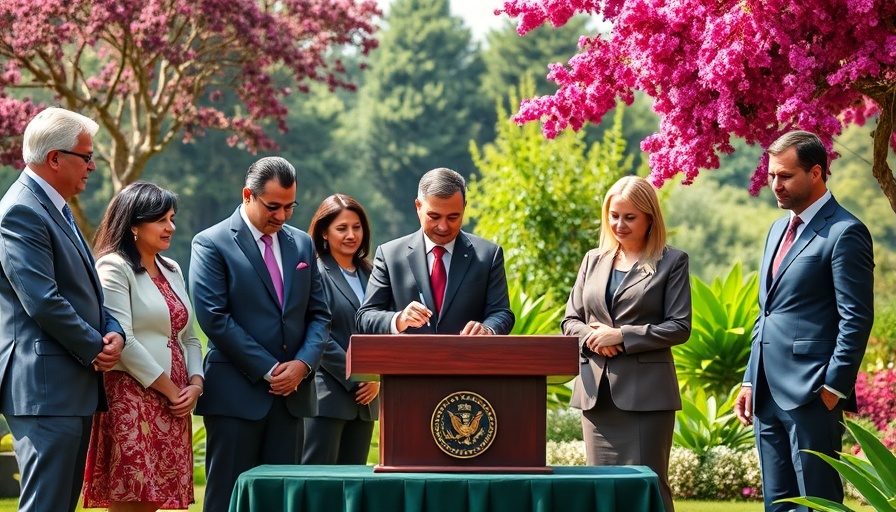
Understanding Who the 'Court Evangelicals' Are
In recent years, the term 'Court Evangelicals' has emerged to describe a unique group of Christian leaders who have been heavily involved in political affairs, particularly during Donald Trump's presidency. These individuals have sought to influence government policies and decisions from within the ranks of the White House. This article aims to explore the identity of these 'Court Evangelicals' and the implications of their presence on Christian faith and community.
Historical Context: A Shift in Evangelical Engagement
The involvement of Evangelicals in politics is not new. Historically, Christians have engaged with societal structures to promote righteousness and justice. However, the rise of the 'Court Evangelicals' marks a significant shift. Rather than being simply outspoken on social issues, this group has effectively positioned themselves as advisors within the corridors of power, raising questions about the potential blending of faith and political agendas.
Why the 'Court Evangelicals' Matter to Our Communities
For many families rooted in Christian values, the visibility of the 'Court Evangelicals' underscores the importance of faith in both individual lives and larger community contexts. Their active participation at high levels of government represents a striving for biblical principles in national policies, and this can either foster community unity or create divisions. Understanding these dynamics can help families engage in meaningful discussions about faith and politics.
Emotional and Human Interest: Stories from the Heart
Within this intricate web of faith and politics, there are countless personal stories. For instance, many community-oriented families have expressed both admiration and concern over how their beliefs are represented in the political sphere. Some feel empowered seeing leaders they respect at the forefront of political dialogue, while others worry that this affiliation may compromise the integrity of their faith. It’s crucial to recognize that the 'Court Evangelicals' exist within the broader tapestry of people's lives, influencing not only policy but also the everyday faith journeys of ordinary individuals.
Common Misconceptions: Deregulating Faith?
A prevalent misconception about the 'Court Evangelicals' is the assumption that they aim to push Christianity onto others through governmental means. In reality, many within this group seek to provide a voice for moral principles in public policy, aiming for societal transformation through service and advocacy rather than coercion. Recognizing this distinction is essential in fostering dialogue and understanding within families and communities.
Future Perspectives: Where Do We Go from Here?
As we look to the future, the role of 'Court Evangelicals' will likely continue to evolve. Those deeply connected to their faith may question what influence these leaders will have in upcoming political landscapes. Families aiming to understand these dynamics can engage with their local communities, promoting discussions around voting, leadership, and the biblical foundation of their values. This engagement can help ensure that faith remains a guiding principle without becoming politicized.
Understanding the workings of the 'Court Evangelicals' equips families not just to observe but to participate in discussions that affect their lives and communities. The ongoing dialogue about the relationship between faith and politics is one that can unify or divide, making it essential for families to grow in their understanding and engagement.
Call to Action
As you reflect on the implications of the 'Court Evangelicals' in your community, consider diving deeper into conversations around faith and politics with your family. Engage in community discussions or volunteer opportunities that align with your values, promoting faith-based actions that contribute to societal improvements. This engagement is key to not only understanding the current landscape but also shaping the future for generations to come.
 Add Row
Add Row  Add
Add 








Write A Comment